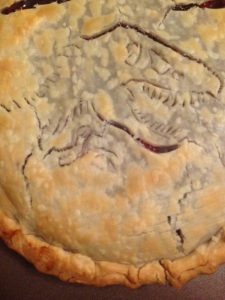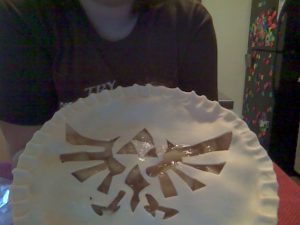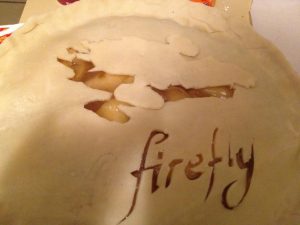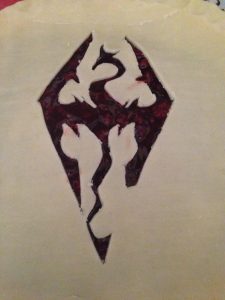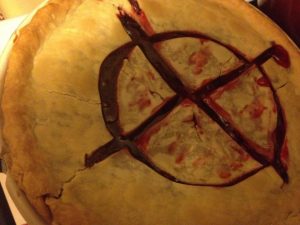1. Submit your piece with proper manuscript format. There’s a reason people ask for it. It’s readable, leaves room for notes, and quickly gives a basic idea of how long the piece is (and therefore an estimation of how much time it’s going to take to critique it). I don’t care if you like a funky new typeface or want to save paper. The standard format is standard for a reason. Be professional, be respectful. The basics: Times New Roman/Courier, 12 point, double spaced, one inch margins.
2. If everyone else is bringing printed pages, don’t e-mail yours. It gives them nothing to hand back to you, nowhere to take the notes, and studies show you read different on the computer versus on paper. You want the most bang for your critique. Don’t shortchange yourself, and the your critique partners.
3. Edit your pieces before you print them, not after. There’s nothing more maddening than finding out a writer has changed everything they turned in, and your critique doesn’t do them any good. It feels like wasted time all the way around.
4. Start and end with something positive. Critiques can be incredibly hard to hear, and sandwiching in the bad with some good notes is useful to spare feelings.
5. If you have to cry, it’s totally legit to say you need to step into the bathroom to freshen your lipstick or use the facilities. Take a minute, take a deep breath. That being said, the lady’s room at the last workshop with a critique element I attended was full of snifflers after every group meeting. Even the people who got really positive critiques were emotional about it.

